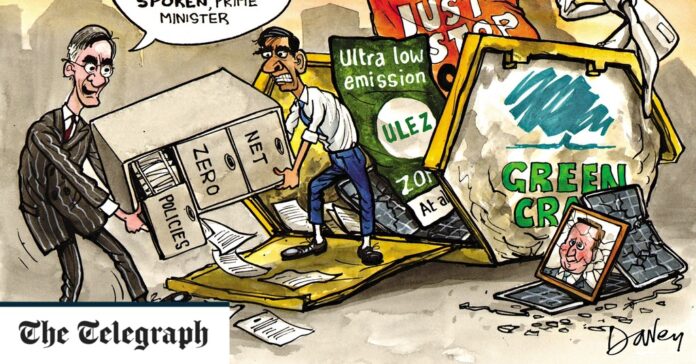In the Netherlands and Germany anger at irrational green schemes is already translating into big shifts in national politics
Even by the standards of her dismal premiership, making net zero legally binding by 2050 must count among Theresa May’s very worst acts. The provision passed through Parliament with practically no debate. One of the most momentous political decisions in modern British history was nodded through with very little thought.
MPs were shockingly asleep to the dangers. Perhaps they imagined that the huge costs of decarbonising society could be made disparate enough that voters would not notice, or that they could be loaded solely onto big businesses.
Perhaps they were emboldened by the fact that the public is rightly supportive of the general ambition of cleaner air and rivers, less pollution and more recycling. Harnessing technology, it might have been possible to achieve a relatively painless transition to a low-carbon economy.
But that is not the route British governments have chosen. By mandating net zero by an arbitrary date, by embracing bans and restrictions, by lavishing the green industry with subsidies, they are engaging in economic and societal destruction on an extraordinary scale.


